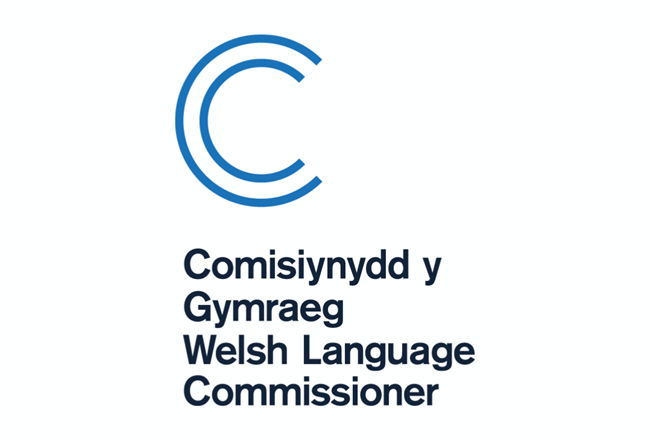At this year’s Rhondda Cynon Taf National Eisteddfod, the Commission for Welsh-speaking Communities (the Commission) published its report Empowering communities, strengthening the Welsh language following two years of gathering evidence about communities with a higher density of Welsh speakers. I am grateful to the Commission for its detailed and sincere work, and for including my officers and myself in the process of gathering the evidence and formulating recommendations.
The Commission’s main recommendation is that the Welsh Government needs to legislate in order to give official status to areas in Wales where there is a high density of Welsh speakers. According to the Commission, this would enable the development of public policies that are tailored to the unique needs of these areas. The report details how public policy could be varied in order to stabilise Welsh as a communal language within the areas of higher intensity linguistic significance, and makes 57 recommendations in areas such as education, town and country planning, community development and the economy.
The census statistics, and the detailed analysis of those statistics in the report, clearly show that the stability of the Welsh language is declining in the areas where the highest density of its speakers are. This means that there is a major threat to the viability of the Welsh language, not only in those areas, but also at a national level.
There are areas in Wales where Welsh is the majority language and is passed down from one generation to the next. If we are serious about strengthening the position of the Welsh language at a Wales-wide level, a key part of this will be to prevent further deterioration in these areas. We therefore agree with the principle of establishing areas of higher density linguistic significance as a vehicle that would enable the introduction of policy variations in the areas where the Welsh language is strongest.
Establishing areas of higher intensity linguistic significance would not mean downgrading the status of the Welsh language in other parts of Wales, but instead would recognise the need to develop and implement policies that are tailored to various linguistic contexts. In this context, we very much welcome the fact that the Commission is progressing over the next year to consider policy interventions that are needed in areas where there is a lower density of Welsh speakers, which is very timely following the enthusiasm and the energy experienced at the Rhondda Cynon Taf Eisteddfod.
Beyond the general principle of establishing areas of higher density linguistic significance, we welcome the Commission’s recommendations relating to the Welsh language standards and our work as a regulator. In this regard, the recommendation to look at the relevance of the promotion standards to areas of higher density linguistic significance is an interesting one.
During our discussions with the Commission, we noted the potential of the promotion standards for more ambitious and detailed planning in order to increase the use of the Welsh language. The requirements for promotion strategies are currently fairly limited, but there is potential to be much more specific in terms of the content and scope of the strategies. For example, it would be possible to ensure that the strategies are considered alongside the Welsh in education strategic plans and other planning frameworks, such as the local development plans. A holistic approach would therefore lead to the creation of strategies and plans that would complement each other and maximally contribute to achieving the objectives of Cymraeg 2050.
In the same way, the recommendations regarding increasing the internal use of the Welsh language within public institutions are in line with our strategic priorities as an organisation. As the Commission, we are very keen to use Welsh language standards as a tool for moving organisations along a linguistic continuum and to encourage people to use Welsh when working and providing services. Currently, there are separate requirements for the promotion and internal action strategies within the standards. However, increasing the use of the Welsh language within workplaces would be an effective way of promoting the Welsh language more widely within the communities that the bodies that implement the standards serve. There is more we can do in this context, and we think that the proposal to review the requirements of the Welsh language standards is a positive step that can facilitate our work.
In addition to the above, the Commission proposed many significant policy recommendations in various areas including education, planning and housing, and economic development. But the report, naturally enough, recognises that further work is needed to develop concrete policy proposals that will build on those recommendations. Discussion with key stakeholders will be crucial as that process progresses, and we look forward to analysing the recommendations in detail to consider how best we can contribute to the efforts to further develop the ideas.
In the meantime, we have also written to the Cabinet Secretary for Finance and the Welsh Language encouraging the Government to respond positively to the Commission’s main recommendation, namely that areas of higher density linguistic significance should be established. Action must be taken if we want to maintain and strengthen the Welsh language as a communal language, and establishing the areas would be a significant initial step to achieve this.



